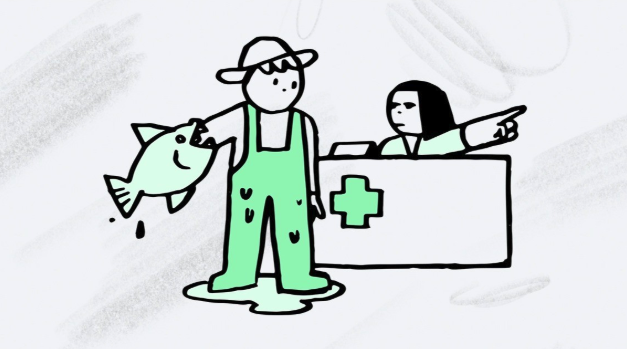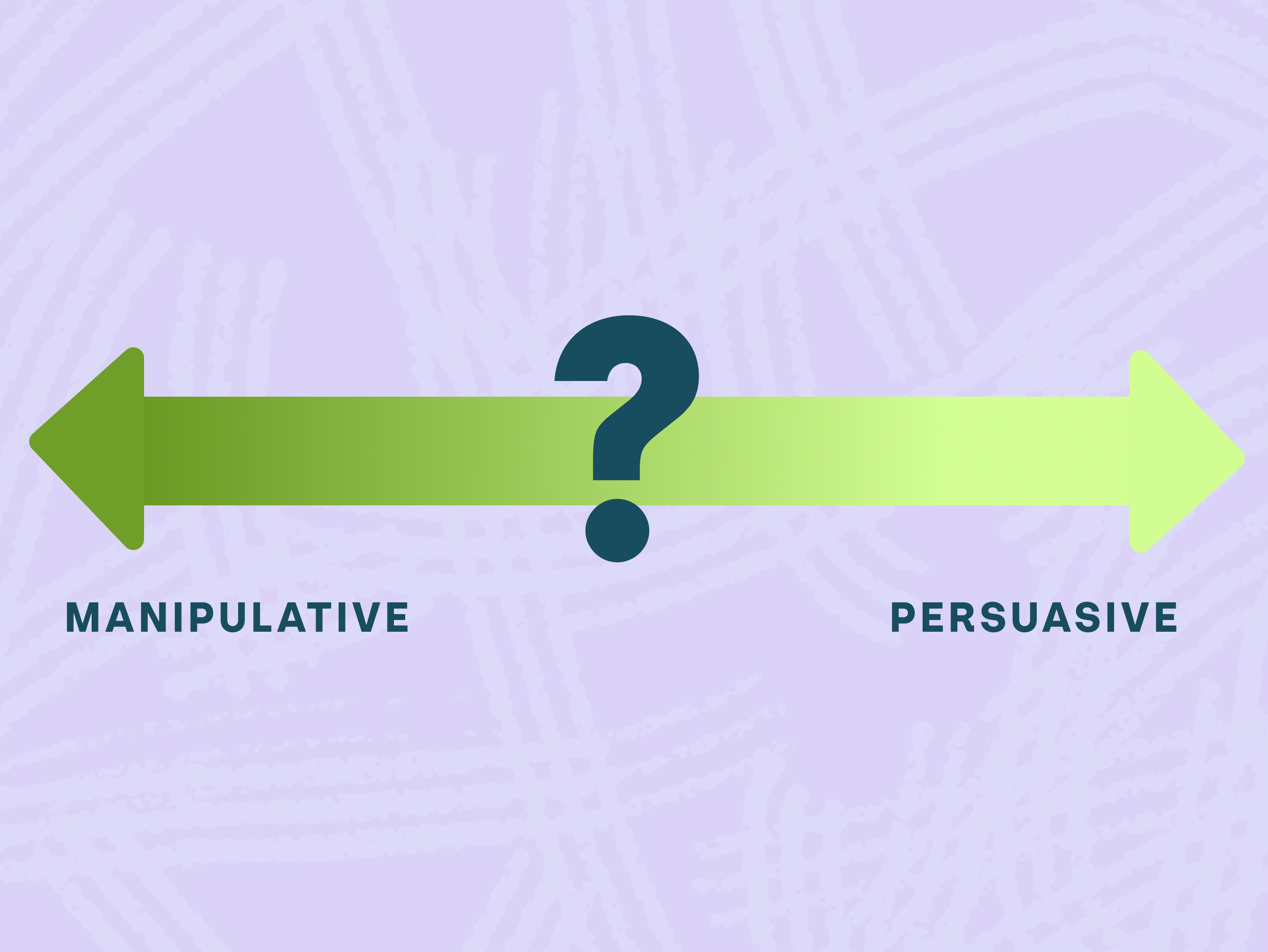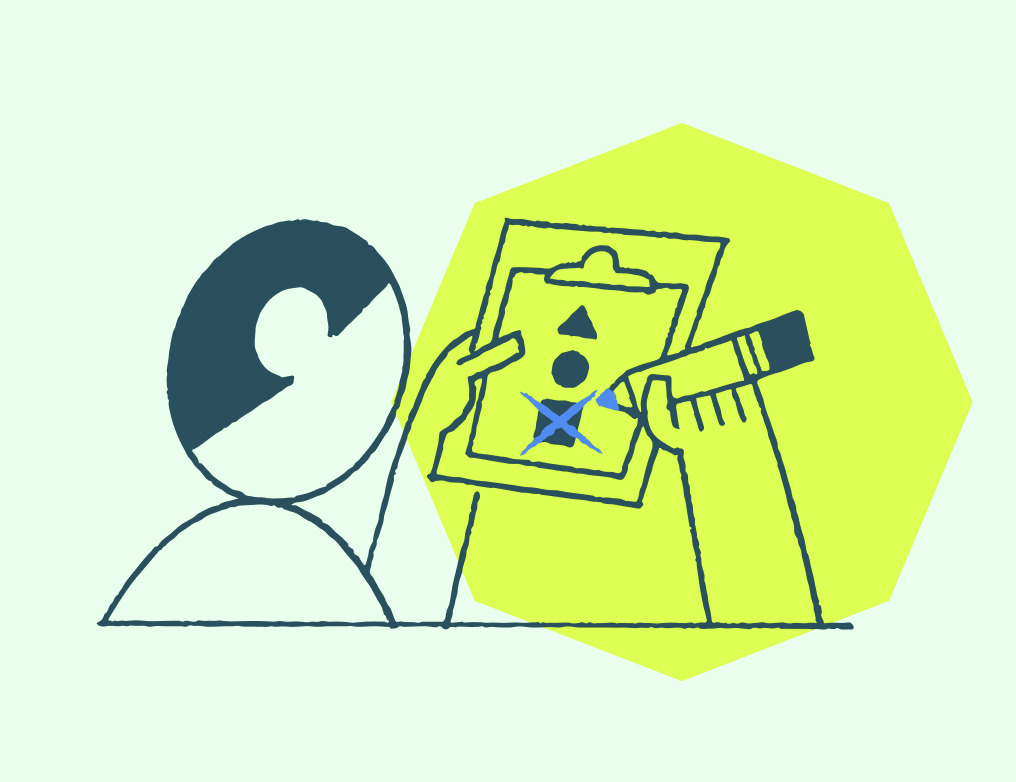Musings from a Researcher on the State of the Industry.
And reflections from Dovetail’s InsightOut conference.

I spent a few days in San Fransisco (SF as the locals call it) at the InsightOut conference hosted by Dovetail and I noticed a few things—call them trends, musings, or whatever you like, but they were a little twist on things I already knew that changed my perspective. Oh, the magic of a good conference in opening your eyes to a new way of thinking or seeing the world!
User centricity is everyone’s job.
AI is alive on the West coast in a BIG way.
Measuring impact isn’t just about revenue.

User centricity is everyone’s job.
User centricity is nothing new for the UX industry—understanding the user’s experience is the focus of what we do and the purpose of our work. But, what I’m hearing now is more emphasis on user centricity being an expectation of everyone’s job—from engineers to C-Suite, sales to marketing. It’s no longer enough for one department to be the voice of the customer.
This was best exemplified by Eniola Abioye (User Experience Research, Meta) who shared the perspective that we’re all responsible for the quality of our product and holding the user at the center of our work.
When I think about why this is, I’m reminded of John Garvie’s (Senior Design Manager, Uber) talk on the state of the industry and how the current conditions are creating “generalists.” Books that we, as UX practitioners, have been reading for years have finally made their way into the hands of our counterparts across businesses, so the idea of UX, design-thinking, etc. are much more broadly known, and the expectations put onto others in our orgs. are different now.
This left me wondering: if this is true, what does my role as a UXR become? Jen Taylor (President, Plaid) said it best: “...you'll realize that pretty much every conversation I start, I start with a customer and I do that as…an opportunity to sort of demonstrate to the organization how I'm thinking and inspire them to do the same.”

AI is alive on the West coast in a BIG way.

I don’t think there’s a single conversation I’ve had recently where AI didn’t come up in one way or another. But AI has a presence on the West coast in a way it doesn’t here in the Midwest. What I noticed at first were the billboards along the highway on the drive to my hotel—9 out of 10 featured a new AI feature or company. It struck me that maybe AI is integrating into people’s lives in tech-hubs much quicker than the rest of the U.S. Whereas here it seems the conversation is “use AI or be left behind”, maybe there’s a more willing acceptance of this technology within the centers of innovation.
It’s hard not to feel like my job is on the line with AI being implemented in all my most-used tools. However, because AI is making it easier than ever for anyone to build anything, it’s all the more important to ensure we’re building the right thing and solving the right problems—a job that UXRs do very well.
Measuring impact isn’t just about revenue.
It is more important than ever that UXR is tying our work to tangible, measurable outcomes and this was certainly a facet of every single speaker’s talk. However, I heard a new perspective on this that I liked from Claire Drummond (Senior Director, Product Marketing, Atlassian): If revenue is your only marker of product success, you’re missing the point.
Sorry, Claire, I ad-libbed a bit. Are you adding new users? Are you developing a unique feature compared to competitors? There are many other metrics along the product process that indicate success.
From Eniola Abioye (User Experience Research, Meta) again,
When I talk about driving product forward some examples of how we do that in research are things like building more accessible user flows. To me, that is driving product forward. Improving user interfaces or increasing efficiency of a product according to a user's jobs to be done—that's driving product forward.
Better problem-solving of our priority pain points is driving product forward. So it's our job as storytellers to tie in what our objectives are and how those impact the business's bottom line.
To wrap this up.
Though these “trends” are nothing new, the perspective I have on them is. It just shows that travel is a great way to gain understanding and inspire.
What do you think about my takes here? Are your experiences similar to, or different from, mine? I would love to hear from you, so drop me a line at sara@zocodesign.com or let's connect on LinkedIn!
What's next?
Have a project you’re working on and need some support? Reach out to us.
Do you just want to chat about product, UX, research, process, and methodologies? We’re down for that too. Let's chat.
Do you want to avoid talking to another human being right now? We get it. Sign up for our Curious Communications newsletter to stay up to date on all things UX and other curiosities. We’ll hit your inbox every few weeks.
Check out our Ultimate Guide to UX Research & Product Design Services
Looking for insights for healthtech product leaders, delivered to your inbox every few weeks? Sign up for our newsletter.
Currently exploring
UX Mastery



.svg)
.svg)
.svg)
.svg)
.svg)
.png)


.svg)

